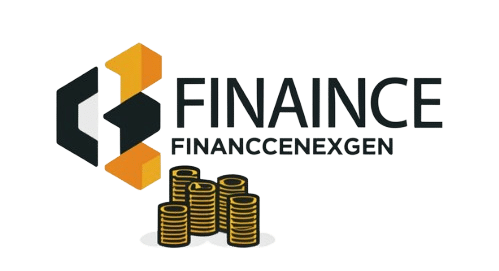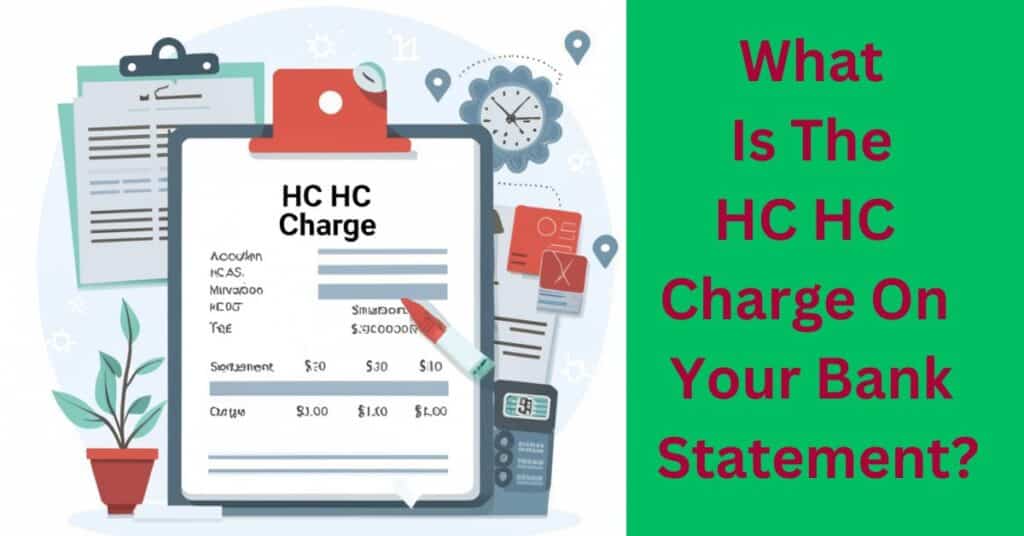The “HC HC Charge” on your bank statement is a mysterious entry causing confusion among customers. It is suspected to be related to a peer to peer payment system called Honey Coin (HC), though not confirmed. Many customers report multiple small transactions with this label, often involving money transfers to recipients in foreign countries, especially in Africa.
The “HC HC Charge” on your bank statement is a puzzling entry that may be linked to a peer to peer payment system called Honey Coin (HC). It often involves multiple small transactions, with recipients frequently located in foreign countries, raising suspicions among customers about its nature and origin.
What is HC HC charge?
The “HC HC Charge” on your bank statement is a perplexing entry that has left many customers puzzled. While its exact origin remains unclear, there’s speculation that it could be associated with a peer to peer payment system known as Honey Coin (HC). Customers often notice multiple transactions labeled HC HC Charge, typically involving relatively small amounts and occasionally linked to money transfers to recipients in foreign countries.
This cryptic charge raises concerns about the security of customers’ accounts, prompting them to seek clarity and take necessary precautions. The lack of transparency surrounding the “HC HC Charge” underscores the importance of vigilance in monitoring financial transactions and promptly reporting any suspicious activity to the bank or credit card issuer.
More Information:https://financenexgen.com/what-is-the-hc-hc-charge-on-your-bank-statement/
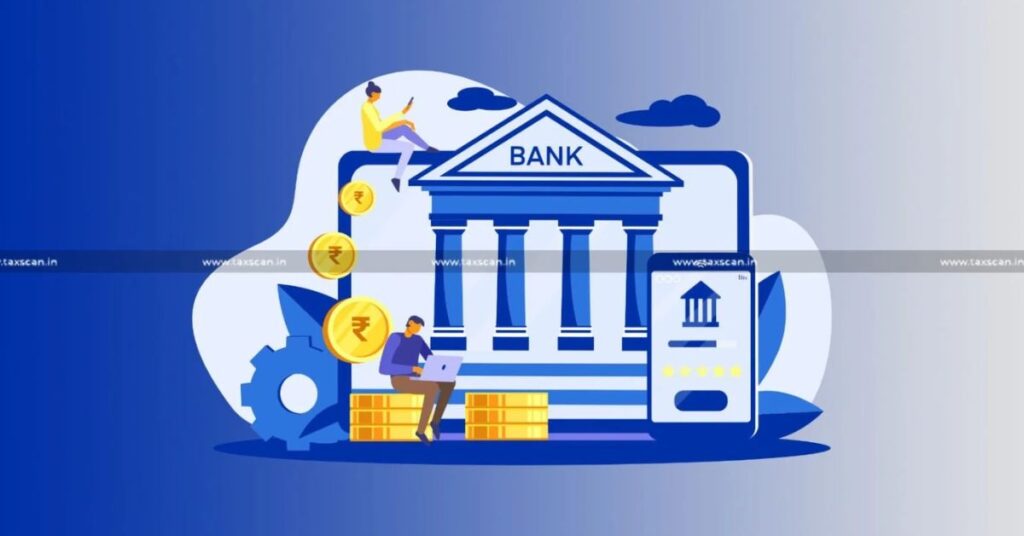
H&C in banking typically refers to Holding Company, which is a type of corporation created to hold and own the assets of other companies. These companies can include banks, financial institutions, or other businesses. Holding companies are often formed for strategic purposes, such as managing multiple subsidiaries under one umbrella entity.
In the banking context, H&C might appear on financial statements or documents related to corporate structure and ownership. It indicates the presence of a holding company that exercises control over one or more banks or financial entities. Understanding the role of holding companies can provide insight into the organizational structure and ownership relationships within the banking industry.
Unauthorized Card Charges
Unauthorized card charges refer to transactions made on your credit or debit card without your consent or authorization. These charges can result from various factors, including card theft, data breaches, or clerical errors within the banking system. Promptly reporting unauthorized charges to your bank or card issuer is crucial to mitigate financial losses and ensure resolution.
Immediate Actions to Take
In response to unauthorized charges, immediate actions include contacting your bank or credit card issuer to report the issue and requesting a dispute or fraudulent charge investigation.
Immediate Actions to Take:
Contact Your Bank or Credit Card Issuer: Reach out to your bank or credit card issuer immediately upon noticing any unauthorized charges. Time is of the essence in reporting and resolving such issues to prevent further financial harm.
Provide Detailed Information: Be prepared to provide your bank or card issuer with all relevant details regarding the unauthorized charges, including transaction dates, amounts, and any additional information you may have.
Request a Dispute or Fraudulent Charge Investigation: Inform your bank or credit card company that you believe the charges are unauthorized and request a dispute or fraudulent charge investigation to determine their legitimacy.
Secure Your Account: Take proactive steps to secure your account by asking your bank or issuer to temporarily block or cancel your compromised card. They can assist you in issuing a new card and updating your account details for added security.
Monitor Your Account: Keep a close eye on your account for any further suspicious activity even after reporting the unauthorized charges. Your bank or credit card issuer can guide you on effective monitoring techniques to safeguard your finances.
Be Vigilant Against Phishing Scams: Remain cautious of unsolicited calls, emails, or messages requesting personal or financial information. These could be phishing attempts aimed at stealing your identity or further compromising your accounts.
hc hc charge on debit card
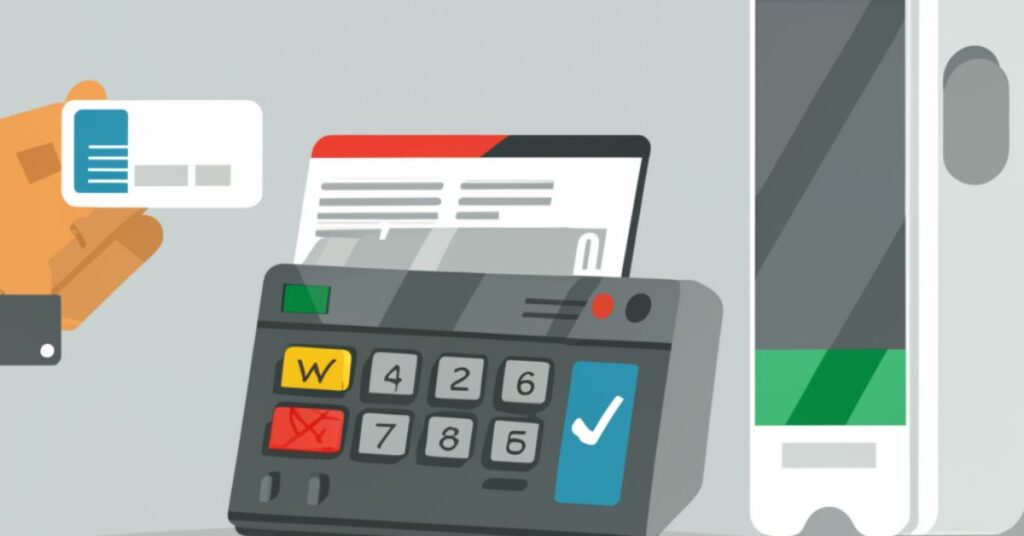
The “HC HC Charge” appearing on debit card statements is a puzzling entry that has left many customers confused about its origin. While its exact meaning remains unclear, there’s speculation that it could be linked to a peer to peer payment system called Honey Coin (HC), often involving multiple small transactions. Customers are urged to monitor their statements closely and report any suspicious activity to their bank or card issuer promptly.
hc hc charge on credit card
The “HC HC Charge” on credit card statements is a baffling entry causing uncertainty among users. Though its exact nature is unclear, it is suspected to be related to a peer to peer payment system like Honey Coin (HC), typically involving numerous small transactions. Customers should promptly notify their credit card issuer if they spot this charge and remain vigilant for any other suspicious activity to safeguard their financial security.
Tips for Avoiding Unwanted HC HC Charges
To avoid unwanted “HC HC Charges” on your bank statements, consider these tips:
- Regularly review your bank statements for unfamiliar or suspicious charges.
- Be cautious when sharing your card information online, especially on unfamiliar websites.
- Enable transaction notifications on your banking app or through text alerts to stay informed about any unauthorized activity.
- Use secure payment methods and avoid sharing your card details with unknown individuals or entities.
- If you suspect fraudulent activity, report it immediately to your bank or credit card issuer for prompt resolution.
How do I dispute a “HC HC Charge” on my bank statement?
To dispute a “HC HC Charge” on your bank statement, contact your bank or credit card issuer immediately to report the unauthorized transaction. Provide all relevant details such as the date, amount, and any additional information you may have regarding the charge.
Request a dispute or fraudulent charge investigation to determine the legitimacy of the transaction and take necessary steps to secure your account.
What should I do if I believe the “HC HC Charge” is fraudulent?
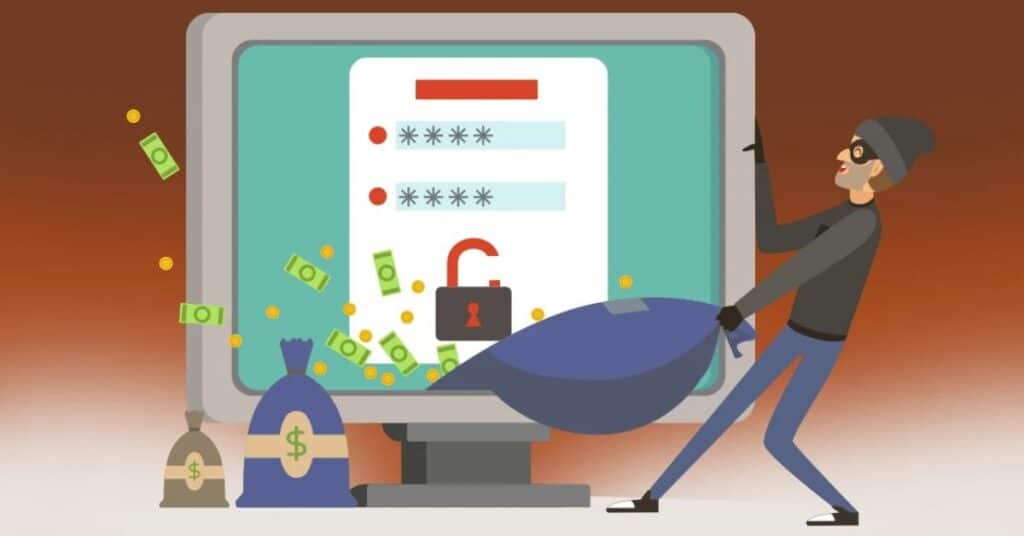
If you believe the “HC HC Charge” is fraudulent, promptly contact your bank or credit card issuer to report the unauthorized transaction. Provide all relevant details about the charge and request a dispute or fraudulent charge investigation. Take immediate steps to secure your account and prevent further unauthorized transactions.
How long does it typically take for the “HC HC Charge” to be reflected in my account?
The timeframe for the “HC HC Charge” to appear in your account can vary, but it typically ranges from immediately to a few days after the transaction.
Keep a close eye on your account activity and be vigilant for any unexpected charges or suspicious transactions. If you notice any unauthorized activity, contact your bank or credit card issuer promptly to report the issue and take necessary actions to secure your account.
Frequently Asked Questions:
What are bank statement charges?
Bank statement charges are transactions that appear on your bank statement, representing various expenses, payments, or purchases made using your account. They include withdrawals, deposits, fees, and purchases made with your debit or credit card.
Why is Google services charging my credit card?
Google services may charge your credit card for purchases made through their platforms, such as app purchases, subscription fees, or advertising expenses. Review your transaction history to identify the specific service or product associated with the charge.
How to Identify the HC HC Charge
Identifying the “HC HC Charge” on your bank statement involves checking for multiple small transactions labeled as such, often linked to peer to peer payment systems or money transfers. If uncertain, contact your bank for clarification and investigate any unauthorized charges.
What is GOOGLE Mountain View charge on my bank statement?
The “GOOGLE Mountain View” charge on your bank statement typically represents transactions related to Google services or products purchased online. Verify the details of the charge and cross-reference it with any recent purchases or subscriptions from Google.
What are bank statement charges?
Bank statement charges encompass various transactions, including withdrawals, deposits, fees, and purchases made using your account. Review your statement regularly to track your expenses and ensure accuracy.
What are CRB details?
CRB details on a bank statement may refer to Credit Reference Bureau details, which are records of your credit history and financial behavior used by lenders to assess creditworthiness. Check your statement for any CRB related entries to monitor your credit standing.
More information:https://financenexgen.com/what-is-the-challenge-body-mind-transaction-on-your-bank-statement/
summary
The “HC HC Charge” on your bank statement is a perplexing entry that has sparked confusion among many customers. While its exact origin remains uncertain, there is speculation that it could be associated with a peer to peer payment system like Honey Coin (HC). This charge often involves multiple small transactions, leading to suspicions about its nature and purpose.
Customers are advised to scrutinize their bank statements regularly to identify any unfamiliar or suspicious charges, including the “HC HC Charge.” If you notice this charge on your statement, it is crucial to remain vigilant and promptly report it to your bank or credit card issuer. Taking immediate action can help mitigate potential financial losses and ensure the security of your account.

Alexander, our distinguished author, boasts 6 years of rich experience in finance. His profound insights and adeptness in navigating financial intricacies make him a valuable asset, ensuring content that resonates with expertise.
